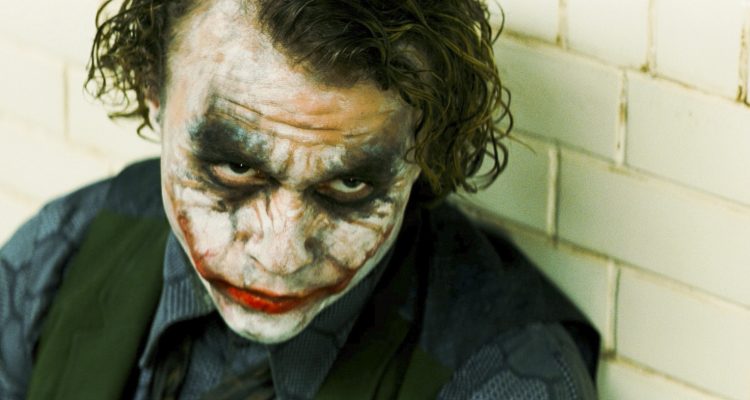 “Lords of Dogtown” (2005)
“Lords of Dogtown” (2005)
For a while, Ledger was struggling to match his early heat: “The Four Feathers,” “The Order,” “Ned Kelly,” “Casanova” and “The Brothers Grimm” all came and went (although Ledger is good in both of the latter two, particularly the Gilliam film). But Catherine Hardwicke‘s “Lords of Dogtown” marked something of a turning point. Ledger plays Skip Engblom, the mentor of the young skaters (who include Emile Hirsch and Michael Angarano among their ranks), a boozy, explosive jester-cum-Obi-Wan figure, and it was easily the best performance of his career to that point — the film noticeably dips in energy every time he comes off screen. Some snarkily put the turn down as an impression of Val Kilmer, and while Ledger is undoubtedly reminiscent of the actor in “The Doors,” anyone who saw “Dogtown and Z-Boys,” the documentary on which the film is based, knows how close Ledger comes to the real Engblom. But it’s no mere mimicry: journalist Joe Donnelly, a friend of Engblom, wrote after Ledger’s death, “He’s almost eerie in how precisely he nailed not only the mannerisms, cadence and physical presence of Skip, but also how he raises Skip’s spirit.”
 “Brokeback Mountain” (2005)
“Brokeback Mountain” (2005)
And soon after ‘Dogtown,’ Ledger’s position as a potential titan of the future was confirmed, thanks to his lead in Ang Lee‘s multiple-award-winning drama about the decades-long, tragic love affair between two ranchers. As Ennis, the more stoic of the central two, Ledger begins with a Brando-like inarticulacy that was much parodied at the time, something that doesn’t change how entirely effective it is at portraying a man of enormous feeling, who wouldn’t know how to express what he has inside even if society would let him. As he creeps into middle age (effortlessly and entirely convincingly pulled off by Ledger), his self-loathing at what he’s done turns into self-loathing at what he didn’t do, and it’s totally heartbreaking to watch. Ledger never makes Ennis into a martyr: he’s quiet, brusque, sometimes even cruel. But it’s a testament to his finest performance that you feel so much for him by the end.

